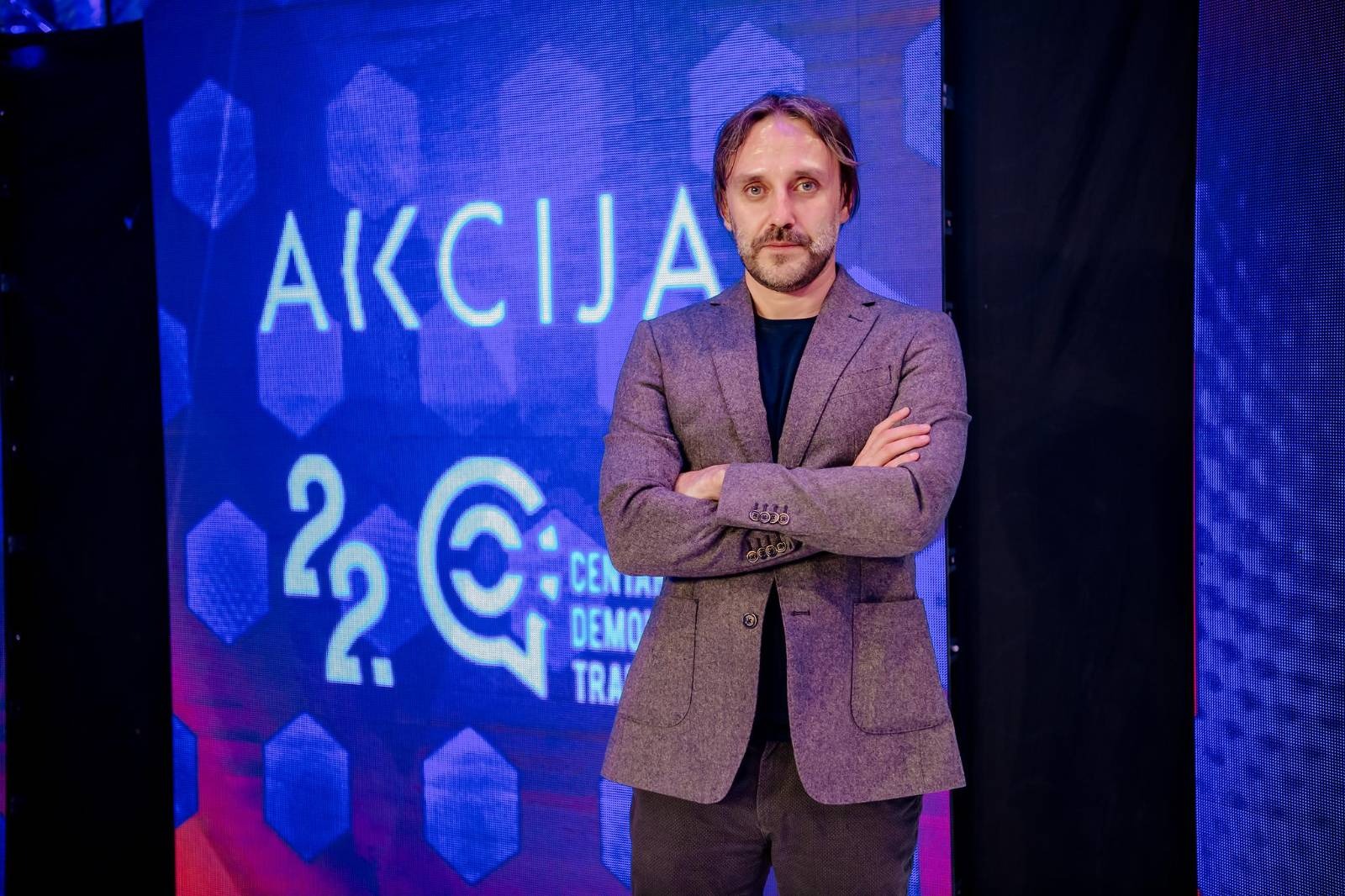The Center for Democratic Transition (CDT) welcomes the decision of the Constitutional Court to annul the controversial legislative amendments that aim to postpone local elections by undemocratic, unconstitutional and illegal means. This decision is significant for the credibility and further work of the CDT, particularly given that this court accepted our arguments concerning non-compliance of the said amendments with the domestic and international legal order and standards.
Although this decision of the Constitutional Court is justified, it was severely delayed. If this court had reacted on time, immediately after the adoption of the controversial legislative amendments, the resulting damage and chaos within the legal system, as well as the symbolic consequences incurred by such violent legal acts upon democracy could have been prevented.
What causes great concern is that we can now officially state that we have political elites who are ready to undermine democracy in their own country for the sake of utterly selfish party interests. Not only have these elites played with our legal and political order, but they have caused chaos in 14 local communities that already have, or will soon have illegitimate local assemblies, and illegally elected heads of municipalities.
We are additionally concerned by the fact that, in addition to those MPs who voted for this decision, for which they bear great political responsibility, even the MPs who had originally opposed the decision, attempted to unify all election processes at the end of 2021, by applying the very same legal logic.
The court decision is formal confirmation that the political elites deceived the European Union (EU) as well. By arguing that the unification of local elections was an EU recommendation, they embarked on wreaking chaos in their own country instead of approaching the matter in a legally valid way.
We plea for the attention of political elites, underlining than the undermining of democracy and the legal order of one’s own country is a remarkably dangerous and unpatriotic act. We invite them to keep this in mind the next time they decide to undertake similar political decisions.
The question of – what to do next – remains. If the Constitutional Court does not offer a solution, and does not complete its job, this question is best addressed at those who raised their hands for the adoption of such a proposal.
We have come to a situation where the “fate” of the election process is in the hands of one man – the President of Montenegro, rather than relying on the Constitution and laws, as befits normal societies. In a democratic environment, all further actions would be agreed upon by the consensus of political actors and this agony would be resolved by holding local elections as soon as possible. On the basis of any subsequent actions taken by the President, we will know whether this delay was merely a consequence of the Constitutional Court not having a timely reaction, or whether its goal was to enable concentration of all political power, pertaining to a topic of such great significance, and framed within such a complex situation, within a single political center.
Dragan Koprivica, executive director of CDT



